People > Shyam Saran
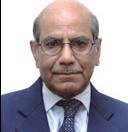
Amb. Shyam Saran is former Foreign Secretary of India and has served as Prime Minister’s Special Envoy for Nuclear Affairs and Climate Change. He is currently Member of the Governing Council of the Institute of Chinese Studies (ICS) and of the Centre for Policy Research (CPR), a Trustee at the World Wildlife Fund (India), Life Trustee of India International Centre (IIC) and Member of the Executive Council of the Federation of Chambers of Commerce and Industry (FICCI). He has headed the Research and Information System (RIS) for Developing Countries, a prestigious think tank focusing on economic issues (2011-2017) and was Chairman of the National Security Advisory Board under the National Security Council (2013-15). He has recently published a book, How India Sees the World. Amb. Saran was awarded the Padma Bhushan, the third highest civilian award, in 2011 for his contributions to civil service. In May 2019, he was conferred the Spring Order Gold and Silver Star by the Emperor of Japan for promoting India- Japan relations.
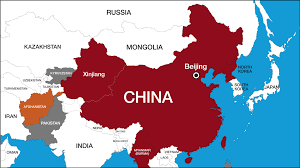
India and China were roughly at the same economic level in 1978, with similar GDP and per capita income. Though China began to grow much faster
In this episode of ThePrint Off The Cuff, author and former Foreign Secretary Shyam Saran talks to ThePrint's Editor-in-Chief Shekhar Gupta about his new book, 'How China sees India and the World'
On April 21, at the annual Boao Forum for Asia, Chinese President Xi Jinping put forward a new Global Security Initiative (GSI). This is the political counterpart to the earlier Global Development Initiative (GDI)
Russian president Vladimir Putin defended his country's invasion of Ukraine on Victory Day in Russia - a day used to commemorate the victory over Nazi Germany after World War II.
India has witnessed a flurry of diplomatic activity during the past week with a long line of ministers, senior military officers and diplomats from a number of countries
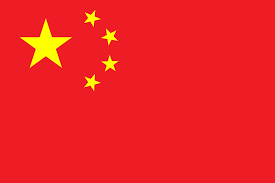
When the Communist Party of China (CPC) held its annual Central Economic Work Conference in December last year, the watchword was “stability”.
Neighbourhood First” has been a cardinal component of India’s foreign policy. Unless India manages its periphery well in the subcontinent, its pursuit of a more significant role
The events of the past few weeks fill one with a sense of foreboding. The diversity of our country has been its defining characteristic through the ages. It is threatened with a stifling uniformity.
The key challenge to governance in a modern State is the handling of complexity, which also changes form and colour with rapidity.
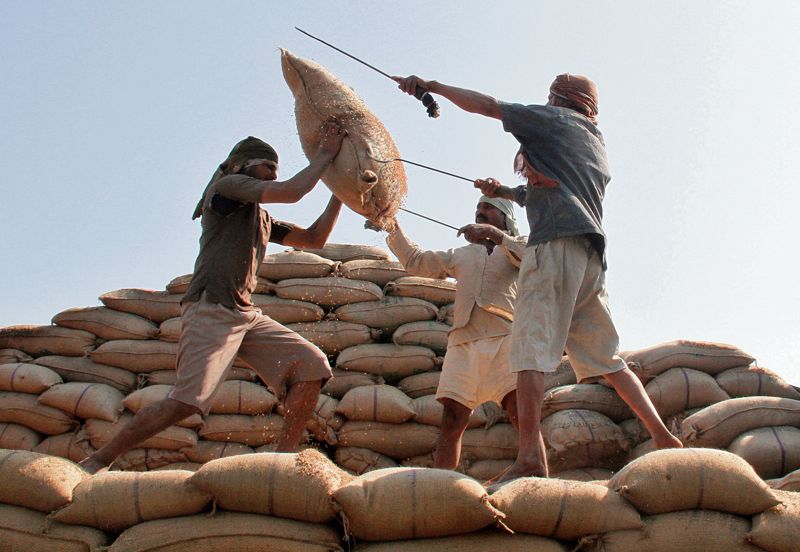
THE key challenge to governance in a modern State is the handling of complexity, which also changes form and colour with rapidity. Complexity arises
The Chinese Communist Party (CPC) has a very poor opinion of capitalists, both the home-grown variety and the foreign kind.
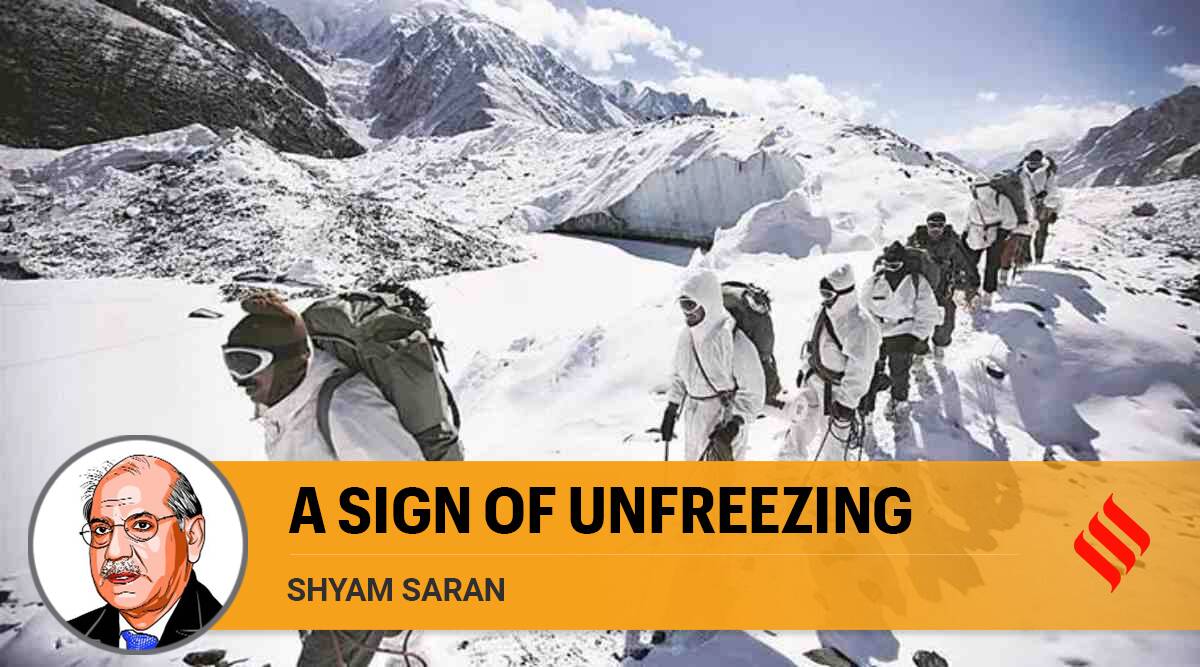
In his press conference on January 12, on the eve of Army Day, the Indian Army Chief, General Naravane, reportedly made an intriguing
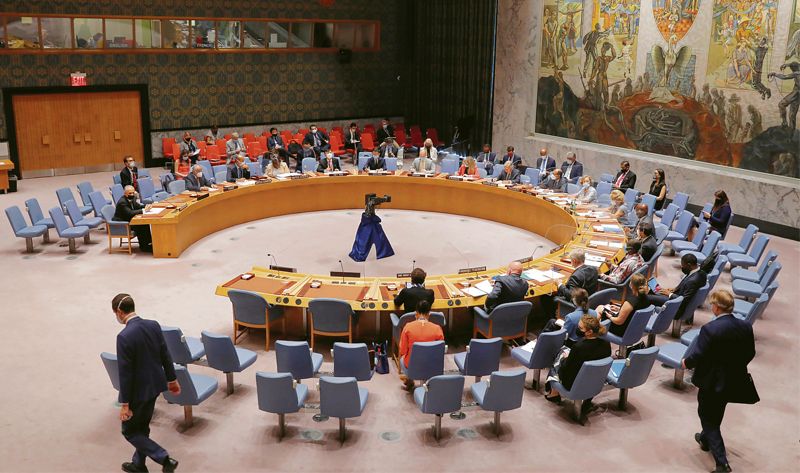
ON January 3, the five permanent members (P5) of the UN Security Council — China, France, Russia, the UK and the US
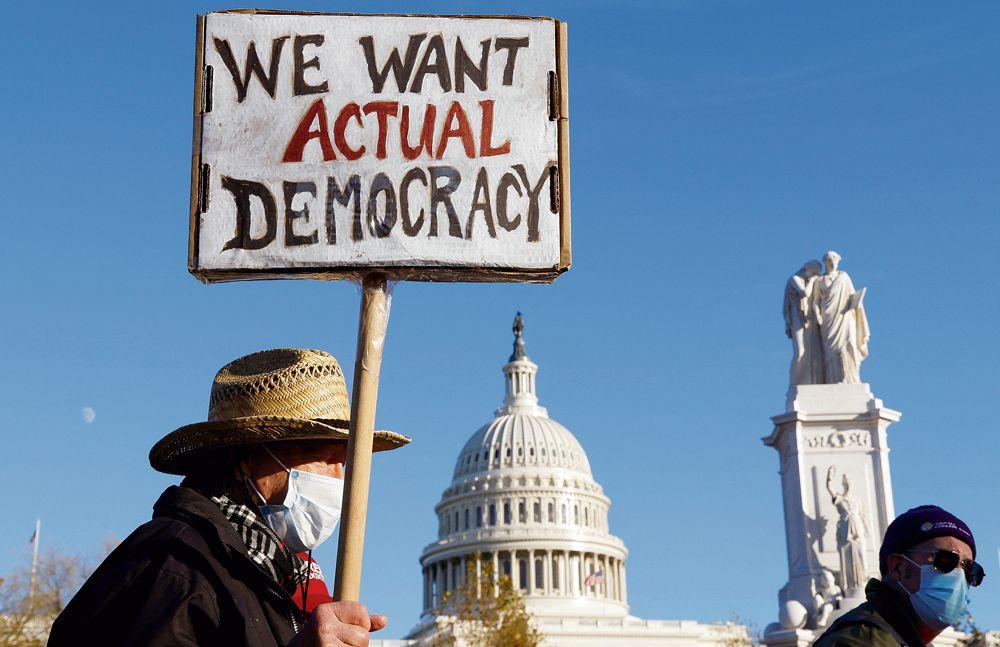
The US President, Joe Biden, hosted a Summit for Democracy last week in the virtual mode. The summit will kick off a whole year of action

This paper explores the concept of Common Prosperity – a notion that has a long history but has acquired contemporary significance in its current interpretation by China’s party and state leader
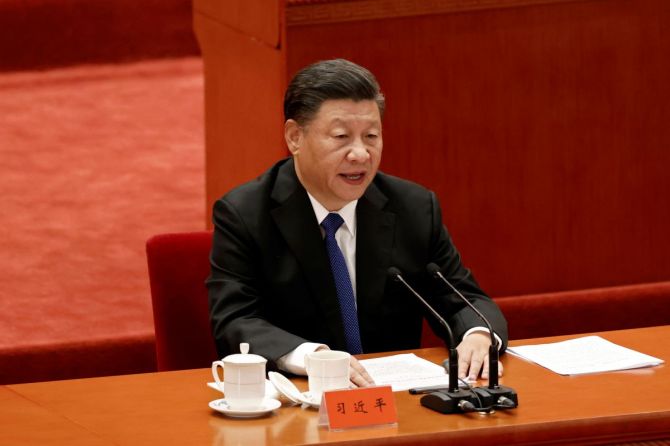
The 20th congress of the Communist party of China is slated to be held towards the latter part of this year.
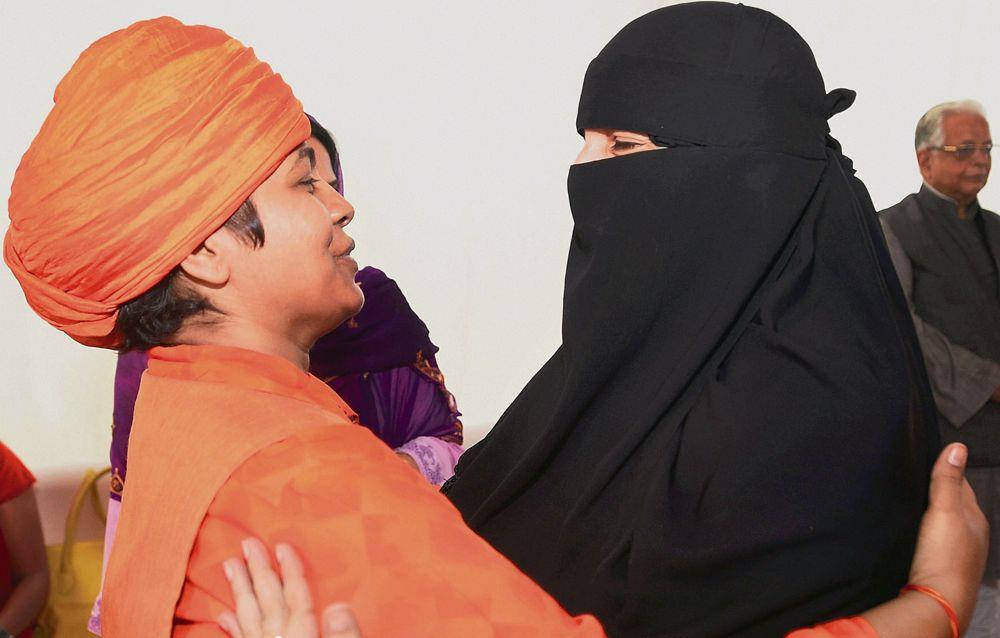
The three-day hate fest against the Muslim community, held at Haridwar recently, is only the latest in a series of intemperate and vulgar attacks against minorities
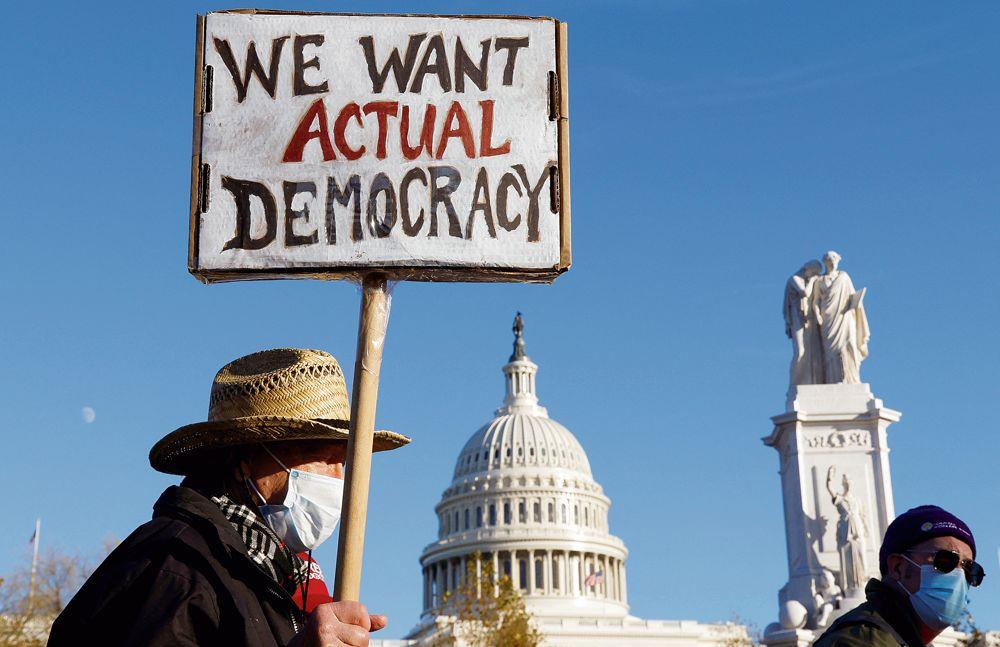
The US President, Joe Biden, hosted a Summit for Democracy last week in the virtual mode. The summit will kick off a whole year of action for the promotion of democracy
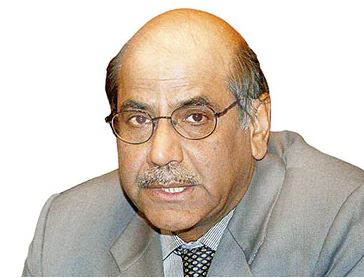
The 20th Congress of the Communist Party of China (CPC) is slated to be held towards the latter part of next year. The Congress will decide whether President Xi Jinping
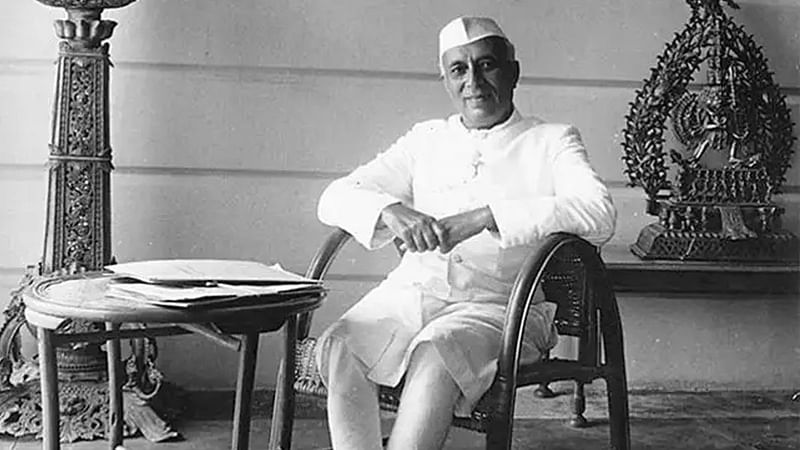
The 132nd birth anniversary of India’s first Prime Minister, Jawaharlal Nehru, was observed on 14 November. I say “observed” because it was not celebrated as it should have been.
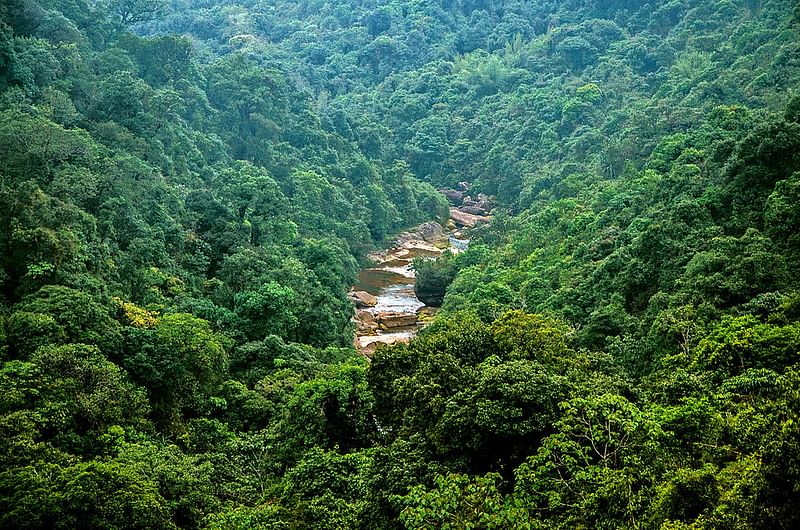
The climate change summit in Glasgow is probably the last chance for the assembled leaders of the world to avoid catastrophic
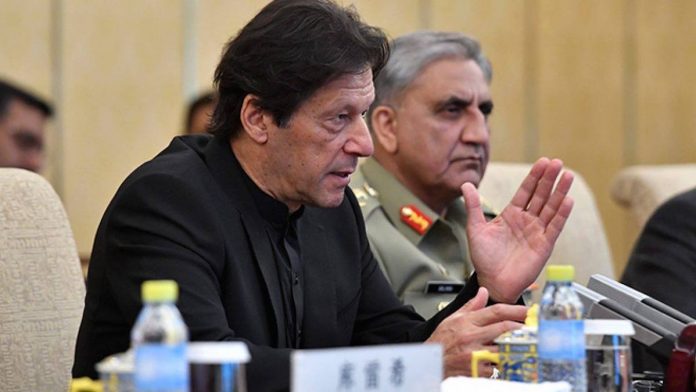
One doubts that Pakistan will be able to manage Afghanistan’s polity and society any more than it can in Pakistan itself. China will then have to think about stepping in.
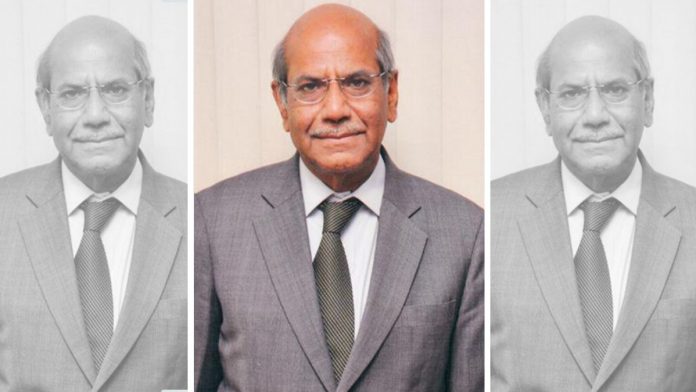
Former foreign secretary Shyam Saran says that as long as the power gap between India & China expands, it will be difficult to change the ‘strategic calculus’ driving Beijing’s policies today.
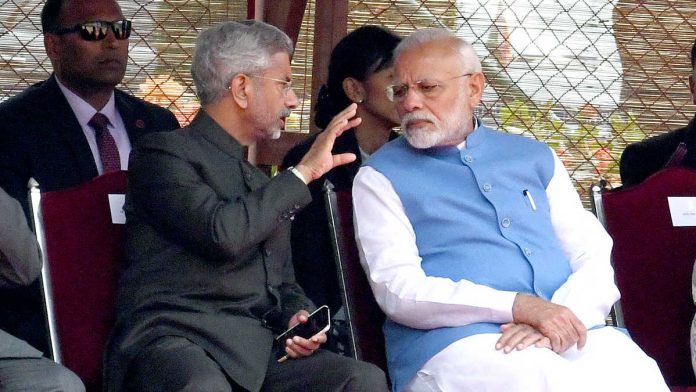
China has rejected the US’ ‘rules-based international order’. It will play only by its own rules, and, as the Alaska meet shows, aggressively.
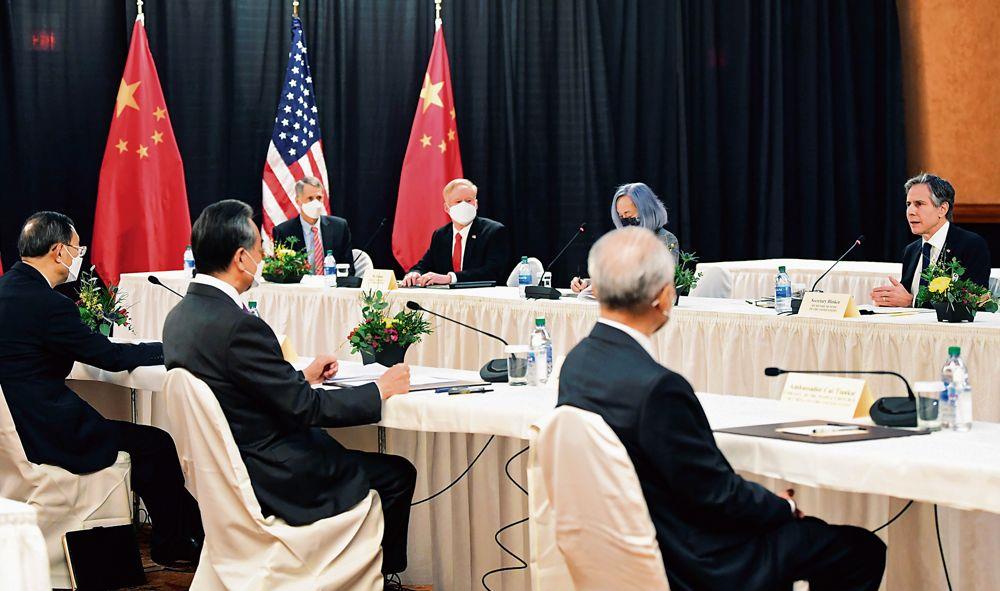
The US and China held their first high-level meeting, after the Biden administration took office, at Anchorage on March 18 and 19.The US was represented by Secretary of State Antony Blinken and NSA Jake Sullivan.
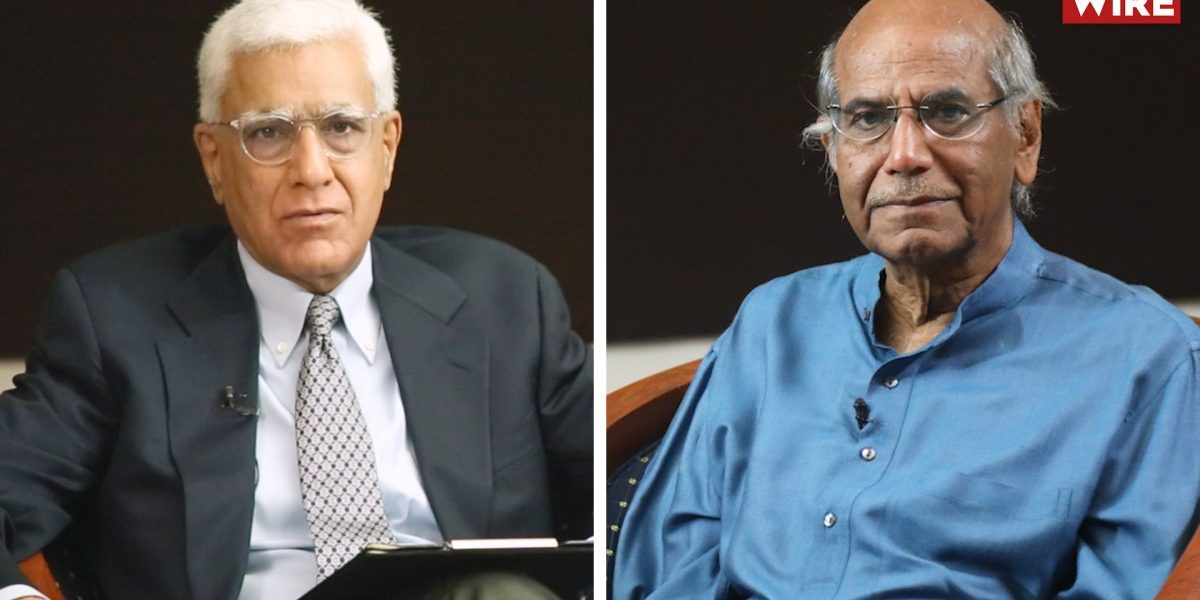
Shyam Saran tells Karan Thapar that the US could well be seeing India as a potential ally and bulwark against China’s ambitions and expansionism.
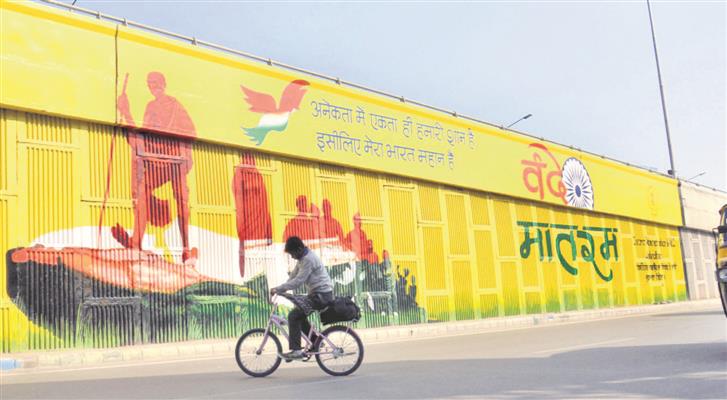
FOR any modern government, strategic communication is the key to ensuring that it is able to convey to citizens its policies.
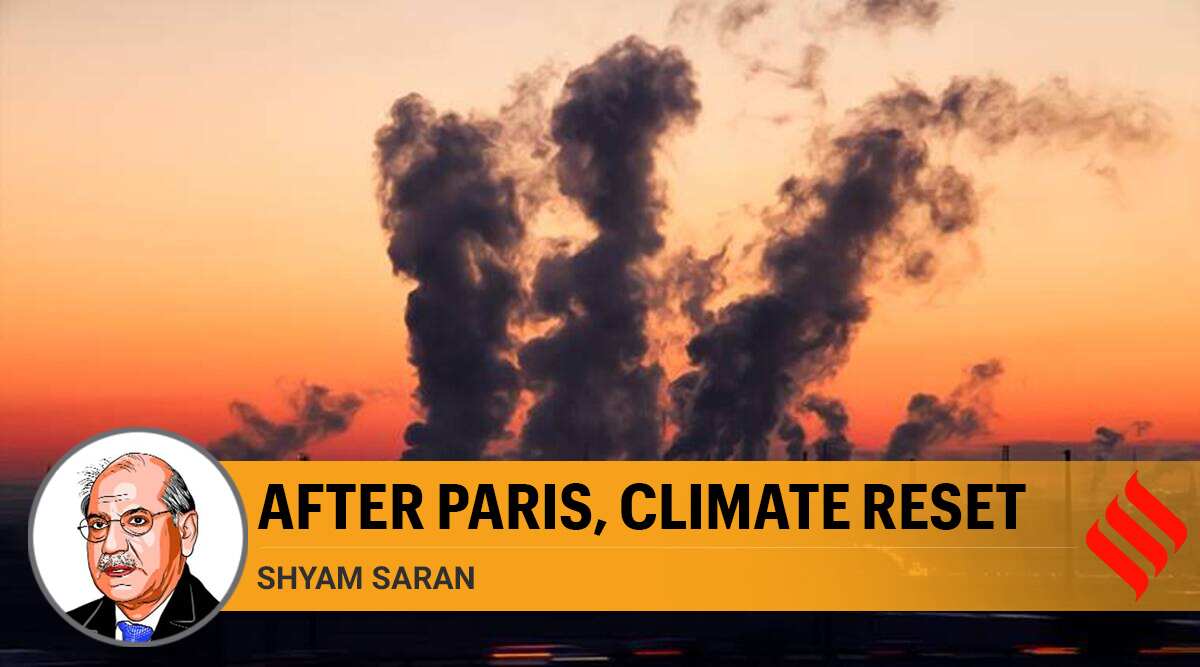
Shyam Saran writes: At the climate change negotiation table, India needs to safeguard its interests and enhance its development prospects.
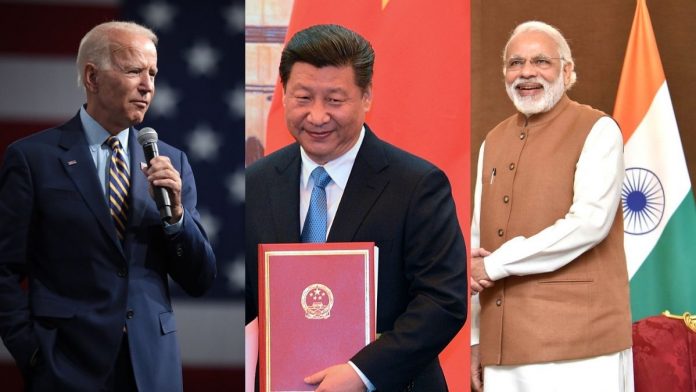
Biden sees China as more of an economic threat than a security one. The US’ stress on transatlantic alliances reflect this.
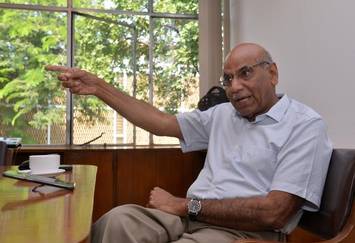
A ‘no man’s land’ in Finger area means troops would not return to positions prior to April 2020, says former foreign secretary
The process of disengagement between India and China is continuing in a satisfactory pace at the moment, the government says
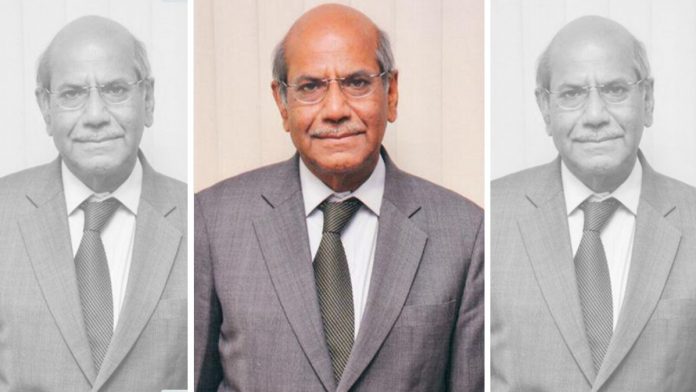
In an interview, former foreign secretary Shyam Saran says re-engaging with Pakistan without giving up India’s interests may help in avoiding a 'two-front war-like' situation. Nayanima Basu
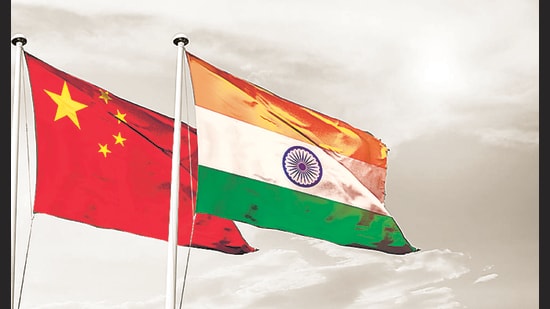
What China did not expect was that India would not confine its response to managing the border dispute
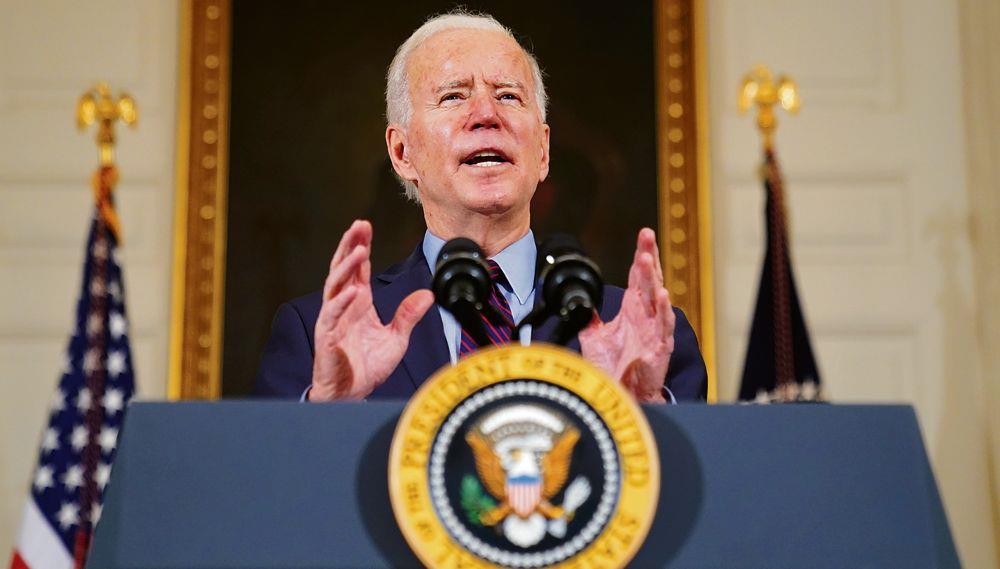
Biden spells out foreign policy but does not indicate who are ‘key partners’
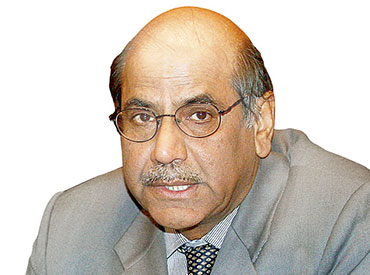
The swift liberalisation of China's financial market could have unintended consequences for India and the world
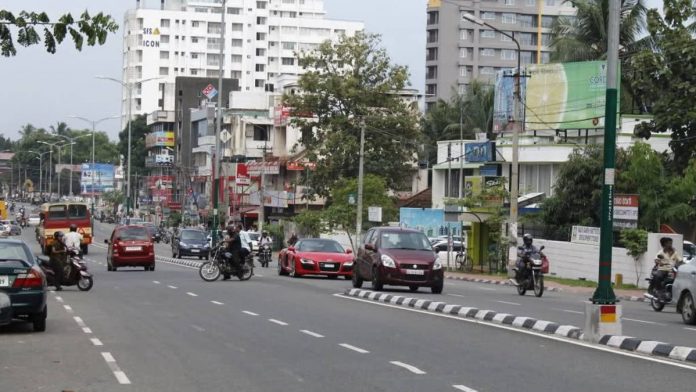
Former foreign secretary Shyam Saran says India will likely face questions on its coal consumption, especially from US, at the UN Climate Change Conference this November.
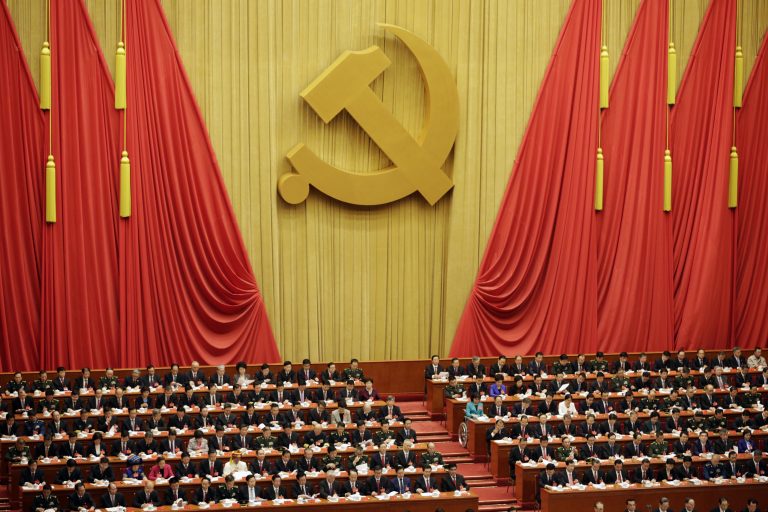
India and China enjoyed more than a thousand years of uninterrupted trade and cultural exchanges during the first millennium CE.
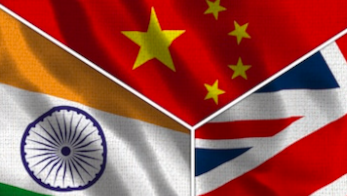
The history of ancient civilizational links between India and China, including the spread of Buddhist religion and philosophy from India to China, are often cited as the enduring basis for India-China friendship.
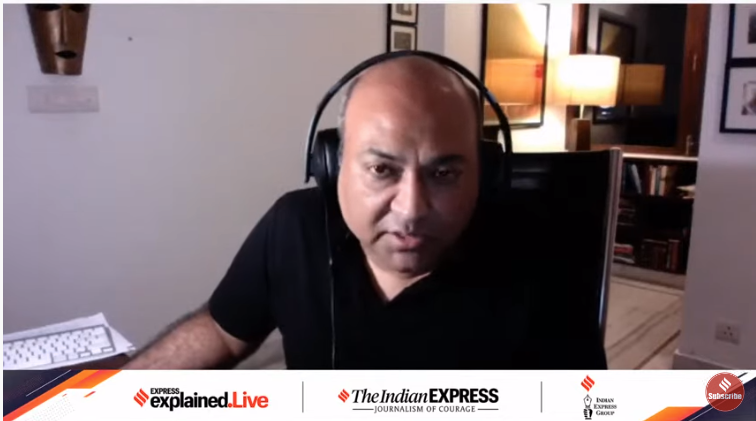
It isn't just India in Ladakh that China is provoking – and the nature of its provocation isn't just military.
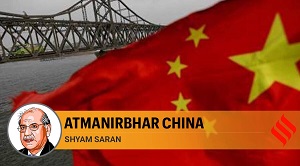
In a recent statement, President Xi Jinping has said that “dual circulation” is by no means a closed domestic loop and reaffirmed that opening up was a fundamental national policy.
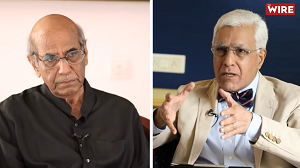
Continuing Chinese Intrusion Very Worrying, Modi’s Response Took Pressure Off Beijing: Shyam Saran
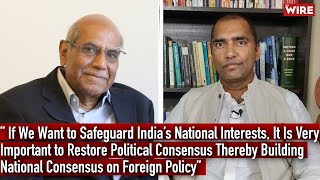
Dr. Happymon Jacob speaks to Amb. Shyam Saran on contemporary Indian Foreign policymaking.
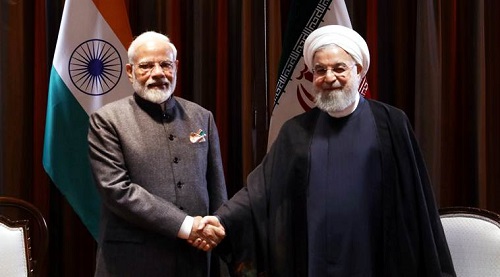
The pursuit of a closer security partnership with the US does not mean that India should follow the US lead on its other important relationships.
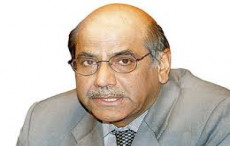
The future of democracy in Asia and the world may well be determined by choices India makes.
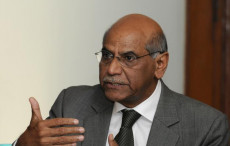
Srinath Raghavan is joined by Shyam Saran as they discuss the Line of Actual Control (LAC) on the Sino-Indian border. They discuss how the LAC impacts and is impacted by the relationship between New Delhi and Beijing.
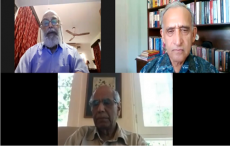
C Uday Bhaskar, Amb. Shyam Saran and Admiral Arun Prakash dwell on the nature of the military and politico-diplomatic challenges that New Delhi has to address in context of the India-China faceoff & bloody clashes.
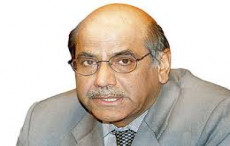
Among other things, a crystallisation of our political and security arrangements with countries which share our concerns over China's aggressive posture is required.
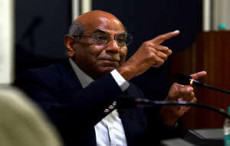
There is no coincidence. China’s assertiveness is based on its judgement that the US, which it considers its chief rival and adversary, is a power in relative decline;
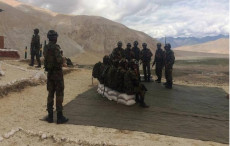
It is aiming to change facts on the ground, incrementally alter the balance of power, and assert its dominance
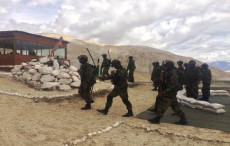
Former foreign secretary Shyam Saran spoke on length about the ongoing tension between India and China along the Line of Actual Control (LAC).
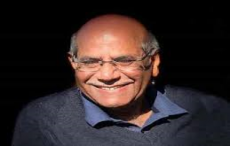
Former foreign secretary Shyam Saran was PM’s Special Envoy,

The coronavirus pandemic is a global crisis of an unprecedented nature that is reshaping the global order. Countries are grappling to control the spread of the disease by announcing lockdowns and closing borders.
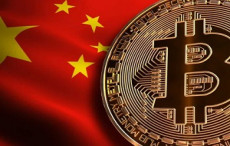
With pilot runs for a digital yuan underway, its monetary system could well become an exemplar for other countries.
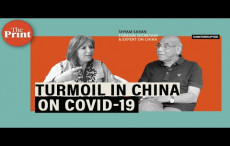
Inner turmoil taking place in China, but change in leadership unlikely

There is no escaping the fact that COVID-19 may not have become a pandemic if China were a democracy with a free flow of information through an independent media and accountable political leadership.

Covid aftermath will reinforce the trend towards a more interventionist State.

A leadership role by India in mobilising world collaboration would be in keeping with its traditional activism globally
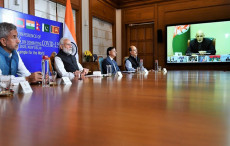
Covid-19 nudges India to pursue regional cooperation through both SAARC and BIMSTEC
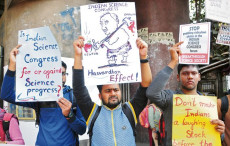
India’s image and credibility are taking a beating, and it does matter

Dealing with it as if it were a singular phenomenon occurring in a single domain will not work

The world is facing a public health and economic crisis, with major implications for global stability.
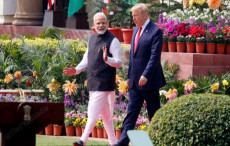
India is in the vortex of the multiple transitions the world is going through. We have entered a new decade of its own mix of promise and peril.
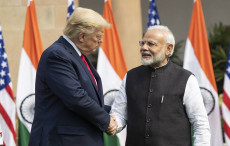
It would be wrong to say there was no substance to Trump's India tour. In fact, the mutual pay-off was significant.
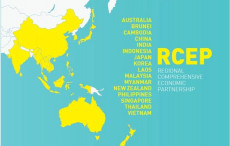
By not joining the trading arrangement, India risks becoming a rule taker rather than a rule maker

As an ASEAN country, Myanmar is also India’s gateway to South-East Asia. No Act East policy is possible without Myanmar’s active participation.
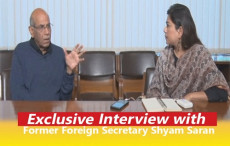
Shyam Saran expressed deep disappointment in India’s decision to pull out of the RCEP and underlined that despite similar domestic arguments the decision of the Narsimha Rao government to liberalise the economy in 1991.
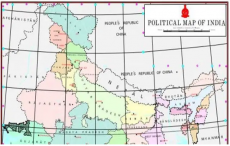
The India-Nepal border is unique in that neither country has allowed a political boundary to interrupt the age-old traffic of people who share ties of kinship, religion and culture.
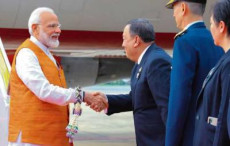
Our influence is expanding, but the term is devoid of real operational significance.
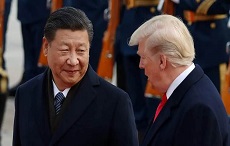
As US-China competion intensifies, India should refrain from taking sides.
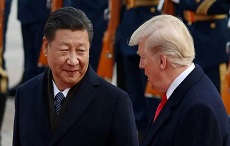
It is now the currency of power - one with ominous implications for India.

The new government must continue to strengthen relations with the United States, Japan, Australia and Southeast Asia as part of countervailing and constraining Chinese power.

Losing this engine, which has been shoring up global growth, may be more disruptive than we imagine

Mr Xi has introduced major departures from this approach.

The former Foreign Secretary on the difficult waters in which India must chart its independent strategic trajectory.

China, a large importer of Iranian oil, is likely to use its petro-yuan to bypass payment in dollars. This may offer India a possible solution.

Introductory section concludes with a picture of Jawaharlal Nehru with a young Dalai Lama at Teen Murti House in 1964 just before Nehru died

India cannot sustain an expanding political and security role in the Indo-Pacific with a shrinking economic role.

Trump has created an opportunity for China to make common cause with American allies both in Asia and Europe. But in the long run, India’s relations with China will remain competitive in nature...

This will require a major policy overhaul away from the lurch towards populism that is becoming more evident as general elections loom large. .

Modi-Xi summit gives India the chance to expand its diplomatic options in the neighbourhood and beyond.

The domestic political crisis in the Maldives may have created fewer waves in India.
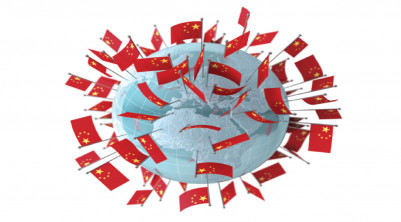
This paper analyses the emerging global order where China aspires to be a key player and how handling of these seminal challenges will determine the prospects of its quest for global leadership.

Despite the great strides made, India-Asean relations have not measured up to expectations. There continue to be significant asymmetries in this expanding engagement.

This paper analyses the supply side economic reforms in China by taking the Third Plenum of the 18th Congress Central Committee of the Communist Party of China (CPC) held in November 2013 as its starting point.
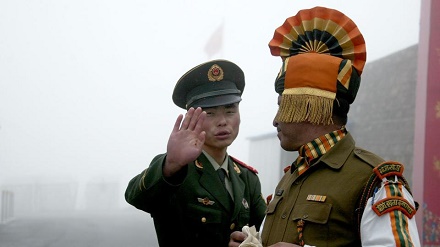
Just as Beijing has sown discord among Asean members through intimidation and blandishments, it’s trying to do the same in India’s neighbourhood
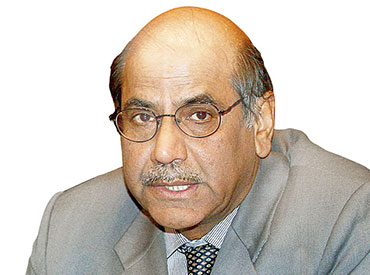
Internationalisation of Chinese currency remains on track despite recent stalling
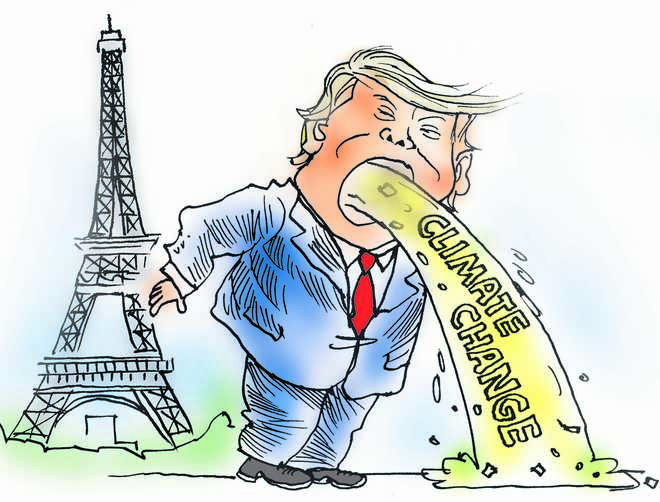
America's much-anticipated announcement to withdraw from the Paris Climate Change Agreement finally came
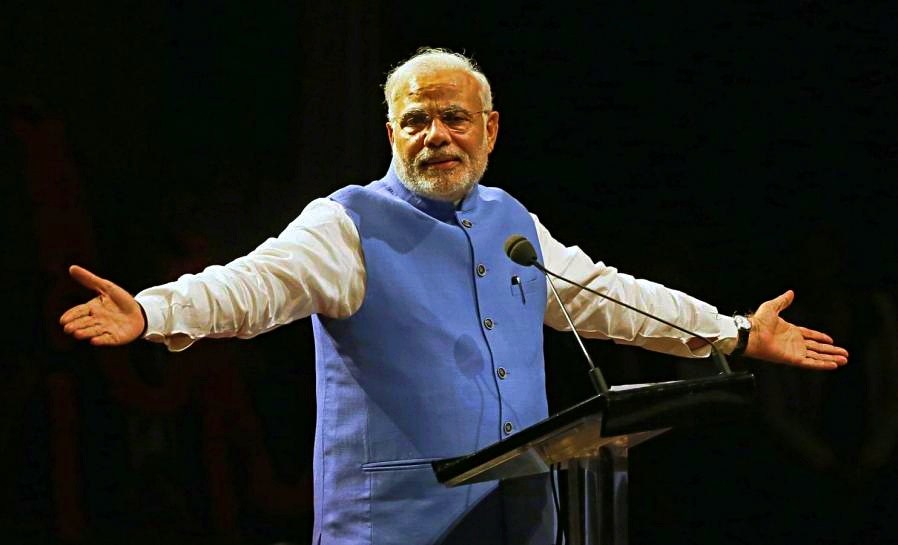
The overall strategy underlying Modi’s foreign policy is sound.he challenge going forward must take into account the changed global geopolitical terrain.
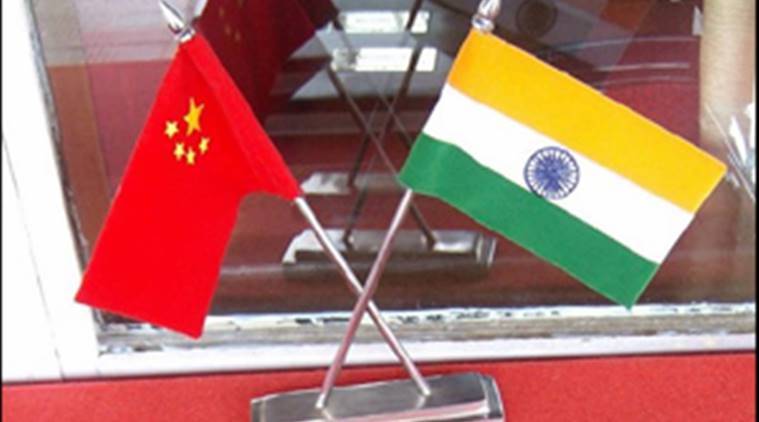
India needs an alternative narrative which contests the inevitability of Chinese hegemony
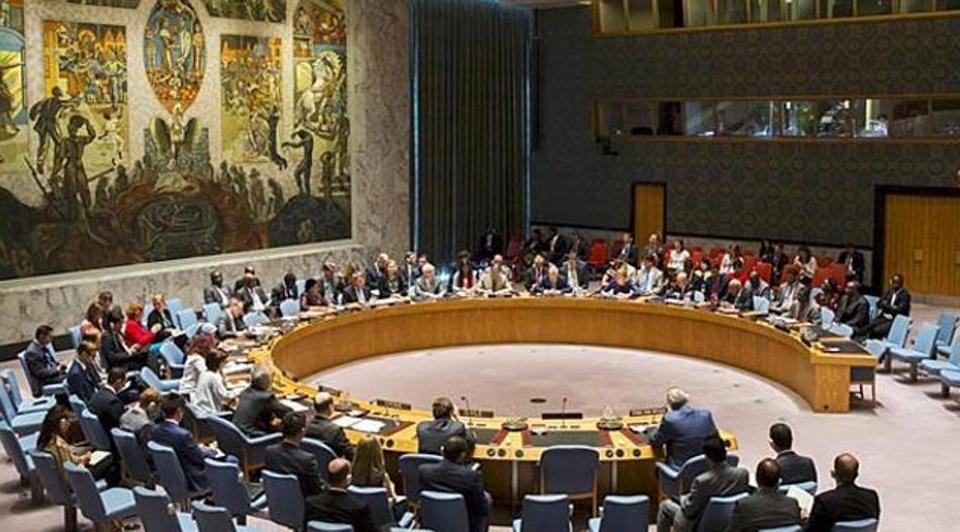
The world is at an inflexion point from which a new order of power could emerge.

Should try and shape multipolar order with the support of other major powers...
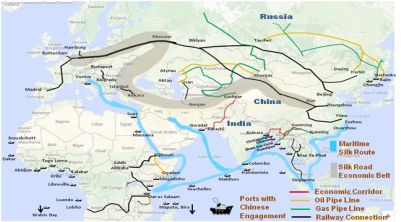
OBOR का मक़सद केवल भौतिक मूलढाँचा ही तैयार करना नहीं है, बल्कि यह तो इस पहल का अभिन्न अंग है।
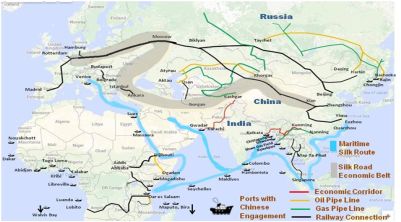
OBOR is not just an economic initiative. It has obvious political and security implications.
© 2019 ICS All rights reserved.
Powered by Matrix Nodes